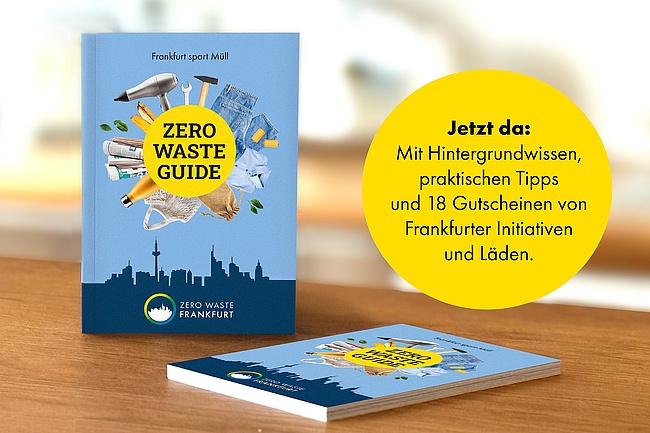(ffm) "HFM Managementgesellschaft für Hafen und Markt was able to record a slight increase in traffic last year despite low water. This shows that one of the strengths of the Port of Frankfurt is its flexibility," expressed the Chairman of the Supervisory Board of HFM, City Councillor Markus Frank.
Thanks to trimodal logistics services, the severe low water last year had only a limited impact on the overall result. The Port of Frankfurt handled a total of 3.77 million tonnes of goods by ship and rail in 2018, an increase of 1.6 percent on the previous year. Due to the severe low water on the Rhine and its tributaries, handling by barge decreased by 6.5 percent compared to 2017. The low water meant that the ships could not be loaded nearly to capacity for several months. This circumstance made ship transports more expensive and led to an overall decline in transshipments due to the limited availability of additional ships. Nationwide, the transport of goods by inland waterway vessel decreased by 11.1 percent, which was even more significant. In Frankfurt, the difficult conditions in waterborne freight traffic were offset to a large extent by shifts to rail. Freight traffic on HFM's port railway increased by 34.7 per cent compared to 2017. A total of 981,514 tons were handled by rail and 2,787,676 tons by barge.
The largest transport volumes in the barge segment
The handling of ores and metal waste increased by 9.5 percent in the reporting year (reporting year: 203,123 tonnes, previous year: 185,475 tonnes). In the building materials segment, the volume handled remained roughly the same, with a slight increase of 0.3 per cent to 1,910,329 tonnes (reporting year: 1,904,966 tonnes). Crude oil, petroleum products and gases handled were 12.5 percent less than the year before. This represents a volume of 383,938 tonnes compared to 438,584 tonnes in 2017, with solid mineral fuels recording the largest decline of 49.5 per cent. In the year under review, 67,054 tonnes were handled (previous year: 132,817 tonnes). In 2018, 29,511 TEUs (Twenty-foot Equivalent Unit = standard containers) were handled at the container terminal. This represents a decrease of 25.7 percent compared to the previous year (39,734 TEU).
The largest transport volumes in the port railway segment
There was a very strong increase in traffic with excavated earth, which increased more than tenfold (124,627 tonnes, previous year: 10,846 tonnes). There was also a strong increase of 376.3 percent in the transport of sand and gravel (110,218 tonnes compared with 23,142 tonnes in the previous year). Coal shipments decreased by 10.4 percent (175,422 tons, previous year: 195,841 tons). Container transports by rail rose by 29.1 percent to 52,349 TEU (previous year: 40,552 TEU).













